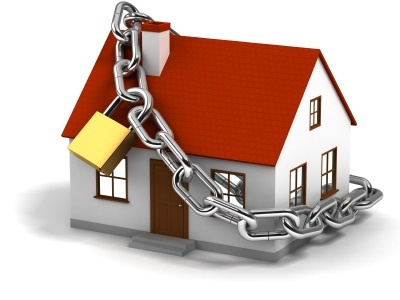HOW TO FIND WHETHER A PROPERTY IS HAVING ANY COURT ATTACHMENT
Buying a property is a significant investment that requires careful consideration and due diligence. One important factor to consider is whether the property has any court attachments, which can impact your ability to purchase or use the property. In this article, we will discuss how to find out whether a property has any court attachments.
First, it is important to understand what court attachments are. Court attachments are legal claims against a property filed by a third party, such as a creditor, a government agency, or a litigant. These claims can take the form of liens, judgments, or other legal orders that restrict the owner’s ability to sell or transfer the property.
To determine whether a property has any court attachments, there are several steps you can take:
1. Search public records: Court attachments are a matter of public record and can be found by searching online or in person at the county courthouse where the property is located. In many jurisdictions, these records are available online through the county clerk’s office or other government agencies.
2. Look for liens: Liens are one of the most common types of court attachments and are filed by creditors who are owed money by the property owner. To check for liens, you can search the county recorder’s office for any outstanding mortgage, tax, or mechanic’s liens against the property.
3. Check for judgments: Judgments are court orders that require a property owner to pay a debt or damages to a third party. To find out whether there are any judgments against the property, you can search court records for any lawsuits or legal actions involving the property or its owners.
4. Hire a title company: A title company can perform a title search on the property to determine whether there are any court attachments or other issues that may affect the property’s ownership or use. This is a common practice when purchasing real estate and can provide peace of mind for the buyer.
5. Consult with a real estate attorney: If you are unsure about how to conduct a search for court attachments or need help interpreting the results, you may want to consult with a real estate attorney. An attorney can review the public records and provide guidance on how to proceed.
In conclusion, checking for court attachments is an important step in the due diligence process when purchasing a property. By searching public records, looking for liens and judgments, hiring a title company, and consulting with a real estate attorney, you can ensure that you are making an informed decision and avoiding any potential legal issues down the line.


